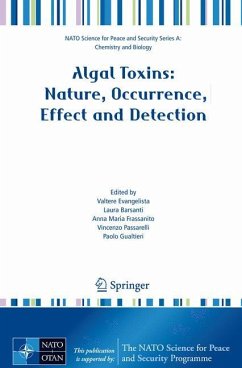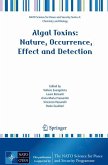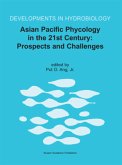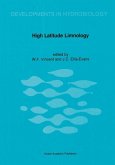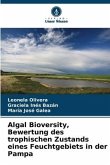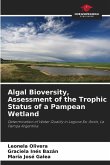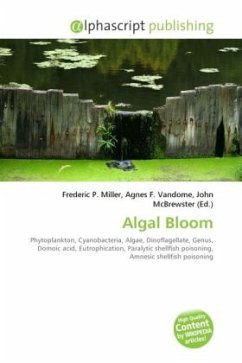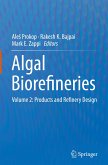This volume contains the lectures and seminars given at the NATO Advanced Study Institute on "Sensor Systems for Biological Threads: The Algal Toxins Case", held in Pisa, Italy in October, 2007. The Institute was sponsored and funded by the Scientific Affairs Division of NATO. It is my pleasant duty to thank this institution. This ASI offered updated information on how far the research on algal toxins has gone in the exploration of structures, biosynthesis and regulation of toxins, and the development of technology for bio-monitoring these c- pounds. Algae can form heavy growths in ponds, lakes, reservoirs and sl- moving rivers throughout the world; algae can house toxins which are - ually released into water when the cells rupture or die. Hundreds of toxins have been identified so far. Detection methods, including rapid screening, have been developed to help us learning more about them, especially to find out which toxins are a real threat for people and what conditions encourage their production and accumulation. Early detection of algal toxins is an - portant aspect for public safety and natural environment, and significant efforts are underway to develop effective and reliable tools that can be used for this purpose.
Bitte wählen Sie Ihr Anliegen aus.
Rechnungen
Retourenschein anfordern
Bestellstatus
Storno

